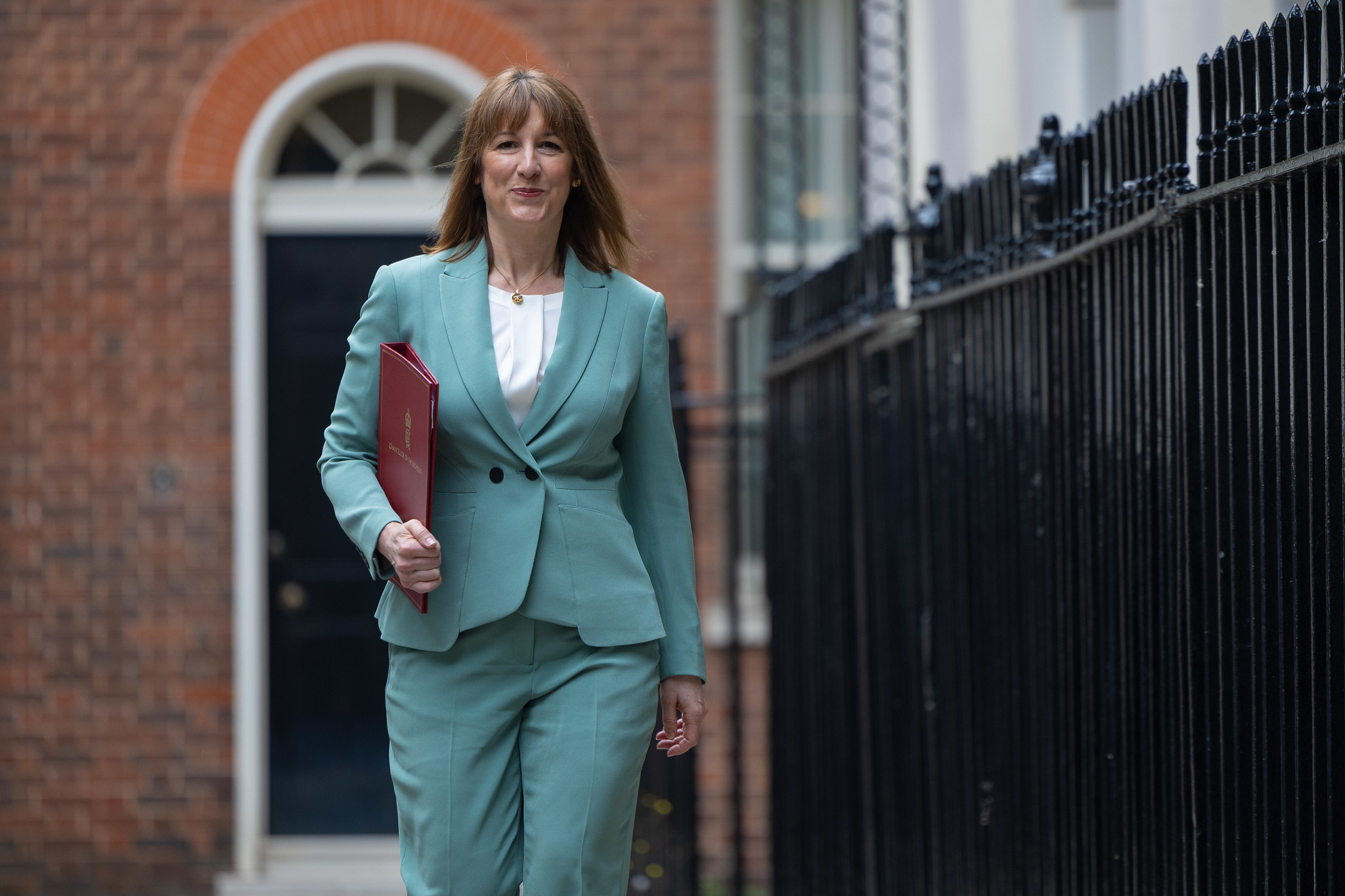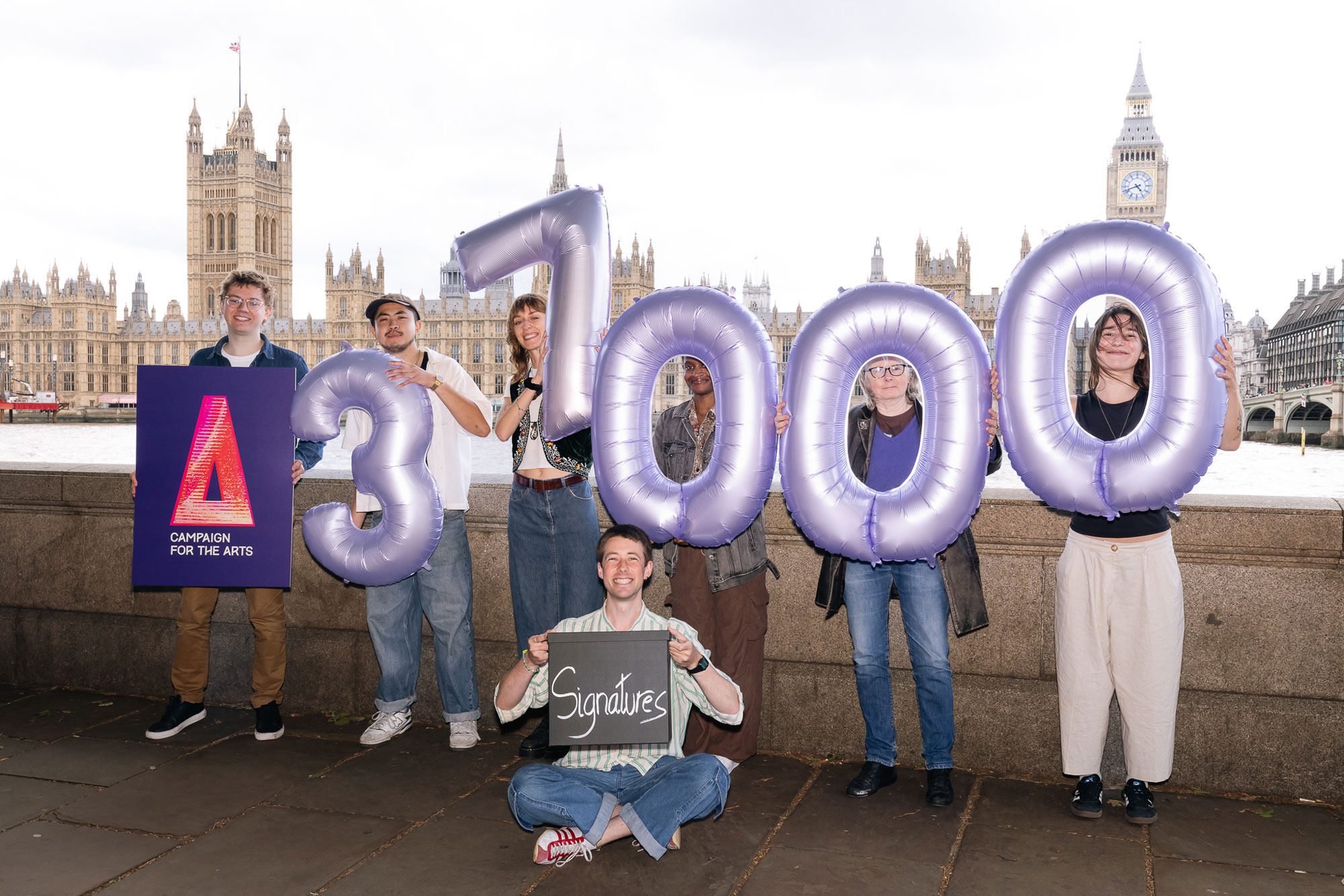Arts Council England (ACE) has announced the cultural organisations it will support with regular public investment between 2023 and 2026.
This important process happens every three years. Our earlier post explains more about what’s happening.
Skip to:
Organisations
ACE’s Investment Programme will split £446million per year between 990 organisations.
950 organisations (96%) will deliver cultural experiences for the public in England. ACE calls these ‘National Portfolio Organisations’, or ‘NPOs’.
40 organisations (4%) will support others working within the cultural sector. ACE calls these ‘Investment Principles Support Organisations’, or ‘IPSOs’.
27% are new to ACE’s portfolio of regularly-funded organisations
Ranked by size of investment
73% of organisations are already receiving annual funding from ACE now
Of these:
- 7% (53 organisations) will receive less in cash terms than in 2022/23.
- 62% (445 organisations) will receive the same as in 2022/23. However the impacts of higher inflation will make this a significant cut in real terms.
- 31% (221 organisations) will receive more than in 2022/23 in cash terms.
Ranked by size of investment reduction
Some have lost their funding, and many have missed out
Over 1700 organisations applied to this Investment Programme - a record number - and only 990 will receive funding.
Some organisations that received regular funding before will no longer do so from April 2023. This is likely to have a big impact - as our earlier post mentioned, ACE’s investment currently accounts for 29.1% of annual income for the average National Portfolio Organisation.
Regions
Overall investment will decrease in London, and increase everywhere else
In February 2022, Nadine Dorries (then Culture Secretary) asked ACE to redistribute an extra £24 million of its existing budget to 109 places outside of Greater London, as part of the Government's 'levelling up' agenda. A significant trend of the 2023-26 Investment Programme is the increase in overall investment outside of London, and a decrease of overall investment in London.
Total investment
Per person in regional population
24 organisations (2.5%) will be funded by ACE on the condition that they will relocate from London to another part of England by October 2024, as part of the 'Transfer programme'.
Organisations in London will still receive about a third of the total investment. Ranked by the amounts going to each area, London local authorities make up half of the top 10
Note: the East of England is considered to be part of the South East 'ACE Area'.
Artistic disciplines
All but one artistic discipline will receive an increase in overall investment. The exception is music, apparently facing a reduction of £26.82m a year. However, £22.27m of funding for the Royal Opera House that was previously 'music' funding is now being categorised as 'not discipline specific'. Were this to be included in music funding, the overall cut to music would be £4.55m a year.
Music organisations whose annual ACE funding has been withdrawn entirely in the 23-26 Investment Programme include English National Opera (previously £12.4m), Britten Sinfonia (£399.3k), Plymouth Music Zone (£130k), Sound UK Arts (£100.6k) and Psappha (£82k).
Total investment
Number of funded organisations
The total number of organisations receiving regular funding will increase across all artistic disciplines, including music.
This is partly because the average investment has decreased by £31,905 in cash terms.
Average investment across all disciplines
Ethnic diversity
In the new portfolio, 148 organisations (15%) have boards and senior leadership teams in which a majority of people are Black, Asian and Ethnically Diverse.
This is a significant improvement on the last funding round, in which only 53 organisations (6.3%) had majority-diverse boards and senior leadership teams.
What do you think?
We'd love to hear your thoughts on ACE's decisions and the impacts they may have in your local area. Please click here to send us your thoughts.




6 responses to “Arts Council England’s Investment Programme: key data”
It’s encouraging that ethnic diversity is improving.
In relation to investment statistics, clearly there are some regions allocated a very low amount, which seems unfair. The per person allocation in London puts it at an advantage over other regions. Everything in the capital is funded more highly per capita than elsewhere yet entertainment (and other) facilities and public transport are so much better, and less expensive, than many of our regions.
I’m really disappointed about music grants being reduced. Several years ago now the Royal Philharmonic Orchestra was contracted to perform three times a year in Scunthorpe, a culturally deprived area. Virtually every performance was a sell out and it was wonderful. Obviously Covid prevented these performances but I keep on looking at forthcoming events and their name hasn’t appeared. If it isn’t possible for them to return so many people will be disappointed and prevented from knowing and loving live classical music at this high standard.
The north of England will never catch up – levelling up is a myth.
This is desperate. The Arts offer respite, comfort and inspiration in unique ways that nothing else can, especially now, with so many mental health issues. Certainly there is much less money to share out, but, for example, English National Opera to lose all of its funding, is a short sighted step as it, and so many other organisations do highly valuable work for regional groups.
The Arts are the fabric of our culture/society.
Regardless of the current global economy the government should provide far more funding to protect and secure the arts for today and the tomorrows.
I think the decision to de-fund English National Opera unless it moves out of London is a monstrous act of impertinence and bullying. ENO is one of this nation’s jewels in the crown, established and immensely successful for years, conveniently just by Trafalgar Square. By all means encourage the company to give seasonal performances in the north (as the RSC does), but it is absurd that a group of administrators should seek to make major creative decisions for a great creative institution and drive it away from the capital where it belongs and is accessible to all.
My feelings exactly.
Is there anything that the public can do , to reverse this decision?
Improving ethnic diversity is really good.
But I am disappointed that the Britten Sinfonia is losing its funding. It has always been adventurous and forward-looking in its programming and we need fresh thinking of this sort.